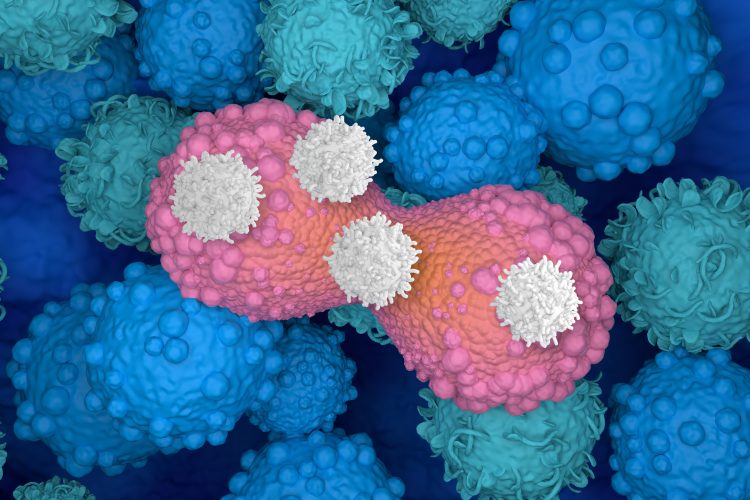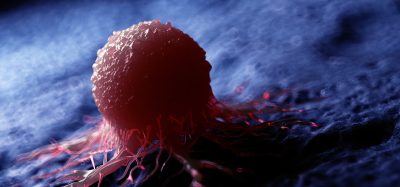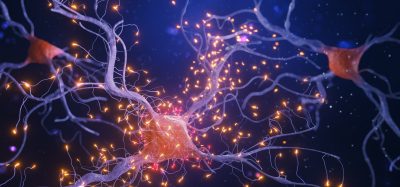Novel inhibitor developed to combat HER2-positive breast cancer
Posted: 26 June 2024 | Drug Target Review | No comments yet
The inhibitor, HVH-2930, effectively induced apoptosis in breast cancer cells without initiating the heat shock response.


Researchers at Korea University have developed an inhibitor named HVH-2930, that targets the heat shock protein 90 (HSP90), for HER2-positive breast cancer treatment. The compound displays efficacy in inducing cancer cell apoptosis and in overcoming treatment resistance.
Owing to the overexpression of the HER2 protein, HER2-positive breast cancer is aggressive and therefore difficult to combat. Existing standard treatments for this cancer normally involve a combination of HER2-targeted therapies such as trastuzumab, chemotherapy, and hormone therapy, but the emergence of resistance emphasises the requirement for novel therapeutics.
Dr Jae Hong Seo, study leader and professor at Korea University, stated: “We have highlighted the pivotal role of HSP90, an oncogenic protein, in fuelling tumour growth by activating key receptor tyrosine kinases, including HER2. While previous N-terminal HSP90 inhibitors faced challenges like inducing the heat shock response (HSR) and toxicity, HVH-2930, a C-terminal HSP90 inhibitor, shows promise.”
Advanced cytometry techniques were used to evaluate cell viability, apoptosis, and functionality in cultured breast cancer cells, as well as normal mammary cells. Also, protein interactions were studied to discover underlying molecular processes. In mouse models, tumour cell implantation was used to assess tumour growth dynamics and treatment responses.
The researchers found that HVH-2930 effectively induced apoptosis in breast cancer cells without initiating the heat shock response (HSR), which separates it from other treatments. Additionally, it downregulated HER2 signalling by selectively targeting HSP90. Notably, HVH-2930 inhibited tumour growth, angiogenesis, and cancer stem cell-like properties without causing toxicity in xenograft mouse models. Furthermore, when combined with paclitaxel, HVH-2930 showed a synergistic antitumour effect, highlighting its potential as a favourable therapeutic strategy for HER2-positive breast cancer.
Dr Seo concluded: “HVH-2930 stands as a groundbreaking advancement in meeting the critical needs of HER2-positive breast cancer patients, notably those resistant to trastuzumab. With its potential application in other HER2-overexpressing cancers like gastric and esophageal cancers, it holds promise for treating a wider range of patients. Moreover, its anticipated affordability compared to current therapies could significantly enhance accessibility, particularly in resource-limited settings such as underdeveloped countries.”
This study was published in Theranostics.
Related topics
Cancer research, Drug Discovery, Drug Discovery Processes, In Vitro, In Vivo, Oncology, Targets
Related conditions
Cancer Research, HER2-positive breast cancer
Related organisations
Korea University
Related people
Dr Jae Hong Seo (Korea University)








